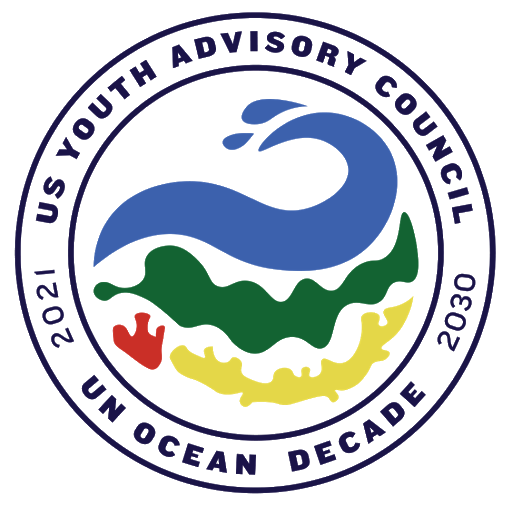
WELCOME TO THE 2021-2030 UN OCEAN DECADE
Yes! You heard us right!! We are finally here, the 2021-2030 United Nations (UN) Ocean Decade! As we swim into the new year, we are full of hope and excitement for what the future holds. The UN Decade of Ocean Science for Sustainable Development is all about reversing the damage to our planet that has created a decline in ocean health.
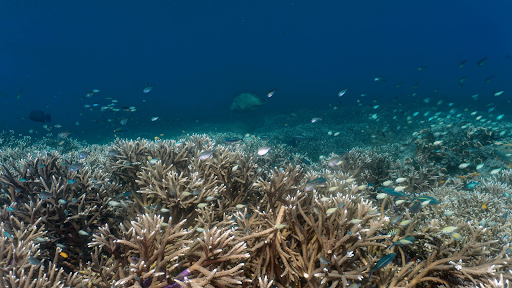
Why should we care about ocean acidification?
Before you begin reading this blog, I would like you to take a few seconds to reflect on the following questions: what does ‘ocean acidification’ mean to you? Do you consider that stressors such as marine plastic pollution need more urgent attention? How visible or invisible is ocean acidification in your life?
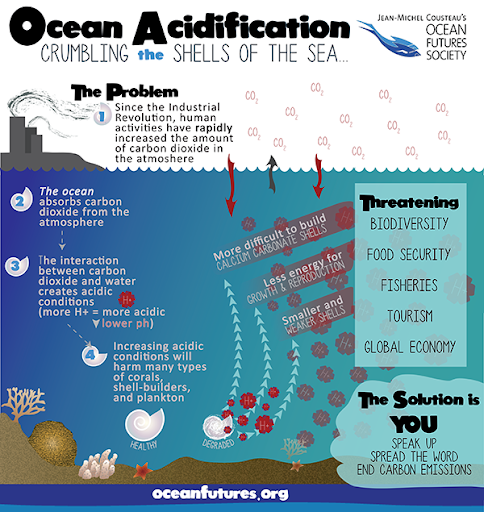
Bye-Bye Bivalves
What covers 75% of the earth and has the ability to deteriorate CaCO3, the same material our bones are made up of? Our oceans!
Here’s the chemistry crash course you didn’t ask for: Acidity is measured in pH on a scale of 0 (most acidic/least basic) - 14(most basic/least acidic). Each number on the scale indicates a 10x difference in acidity or alkalinity. Something with a pH of 1 is 10x less acidic than something with a pH of 0. Liquids become more acidic with the presence of positive Hydrogen Ions (hydrogen with less electrons).

Science and Policy and OA, Oh My! - An Interview with Elly Harrould-Kolieb
Ocean acidification (OA) is a prominent topic in the world of marine conservation. Expert in the science-policy interface of OA, Ellycia (Elly) Harrould-Kolieb spoke to us about her work and experience in this field.
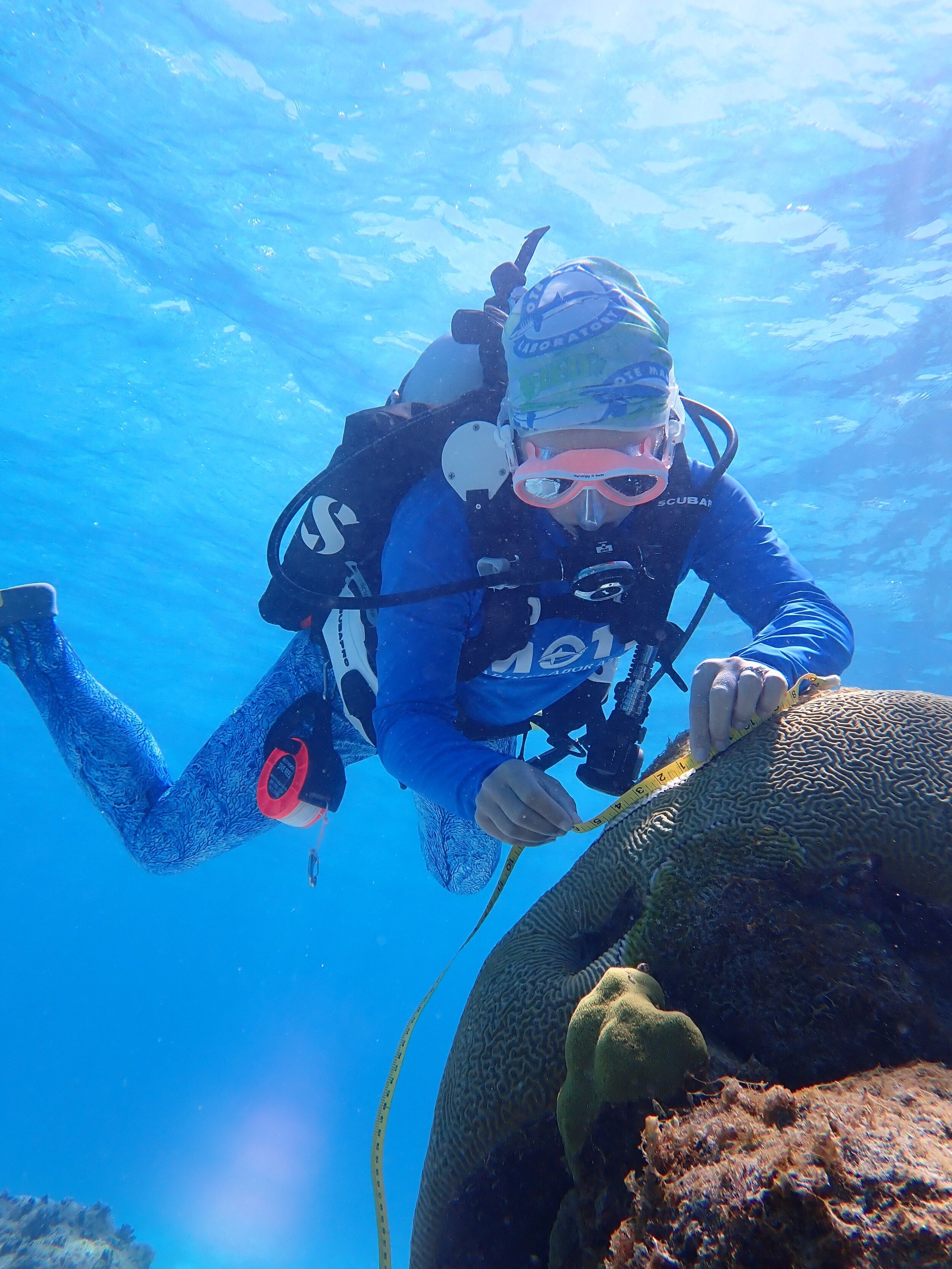
Climate Change, Disease and Sick Corals
‘We have to fight now to preserve what we have left’, says Dr Erinn Muller, a Senior Scientist at Mote Marine Laboratory and Aquarium. Erinn is also the coral Health and Disease Program Manger and an avid SCUBA diver from the U.S.A. She has an extensive background conducting research on coral health, disease and restoration from around the globe, including Florida, Indonesia and Saudi Arabia with a research focus on what makes corals sick and why some corals are more resilient to threats in comparison to others.
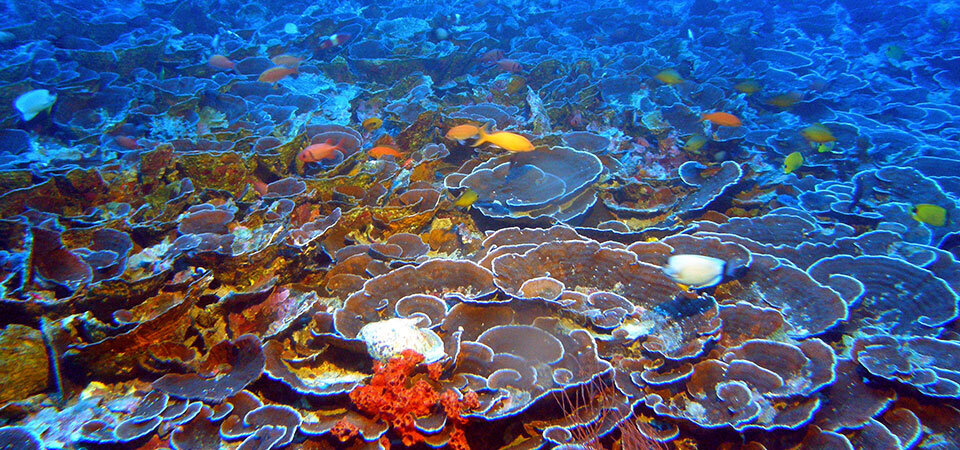
Buried Treasure: Mesophotic Coral Ecosystems (MCE’s) of the Hawaiian Archipelago
The Twilight Zone was not just a hit TV series by Rod Serling. But the counterpart which shares its name, “Coral Reef Twilight Zone”, captivates audiences just as much.

Travelling the Tropics
Coral reefs, the cities beneath the waves only cover less than 1% of the Earth’s surface but are home to 25% of all known marine life. They provide us with food, protection, jobs and medicine, yet we destroy, damage and degrade these intricate ecosystems mercilessly. We have now decimated 50% of coral reefs worldwide. At this rate, they could all be destroyed come the end of the decade

Ocean Connectedness in A World of Injustice
World Ocean Day feels a little different this year. Heck, everything does. During this time of the COVID-19 pandemic, and a fight for racial justice, some us have retreated from others, some have sought creative ways to cope with lingering anxiety and the thought of the unknown, and some have taken their anger and sadness to the streets in the form of protests.
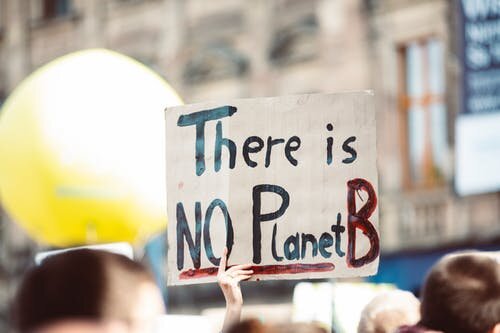
Climate Grief: The Signs, Symptoms & Strategy To Overcome
Are you being affected by Climate Grief? Because I sure as hell am.
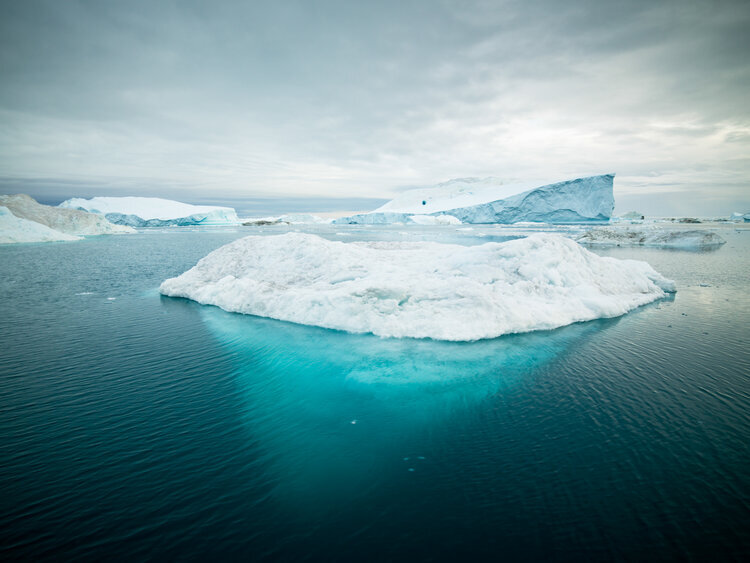
Why Polar Science Matters
The Polar Regions (Arctic and Antarctic) play a hugely important role in helping us understand how the Earth works. Our Earth is a global system, with all regions having an interconnecting role. The polar regions are immensely integral components of the Earth system yet due to how remote they are they are poorly understood.

Feeling blue? Marine ecosystems can help tackle climate change
Climate change is responsible for devastating and, in some cases, irreversible changes to our marine environment. The Intergovernmental Panel on Climate Change (IPCC) recently released a ‘Special Report on the Ocean and Cryosphere in a Changing Climate’. The report paints a harsh reality for the future of our beloved marine environment: ocean warming will continue, heat waves will become more intense and frequent, sea level will continue to rise, and out of all of our marine and coastal ecosystems, coral reefs will face the greatest risk under future climate change.
Bloomin’ Climate Change and Its Effect on Plankton
The Art of Ocean Science

How Our Oceans Are Changing Colour!
Global warming has countless effects on our planet, but here’s one you mightn’t have thought of!
